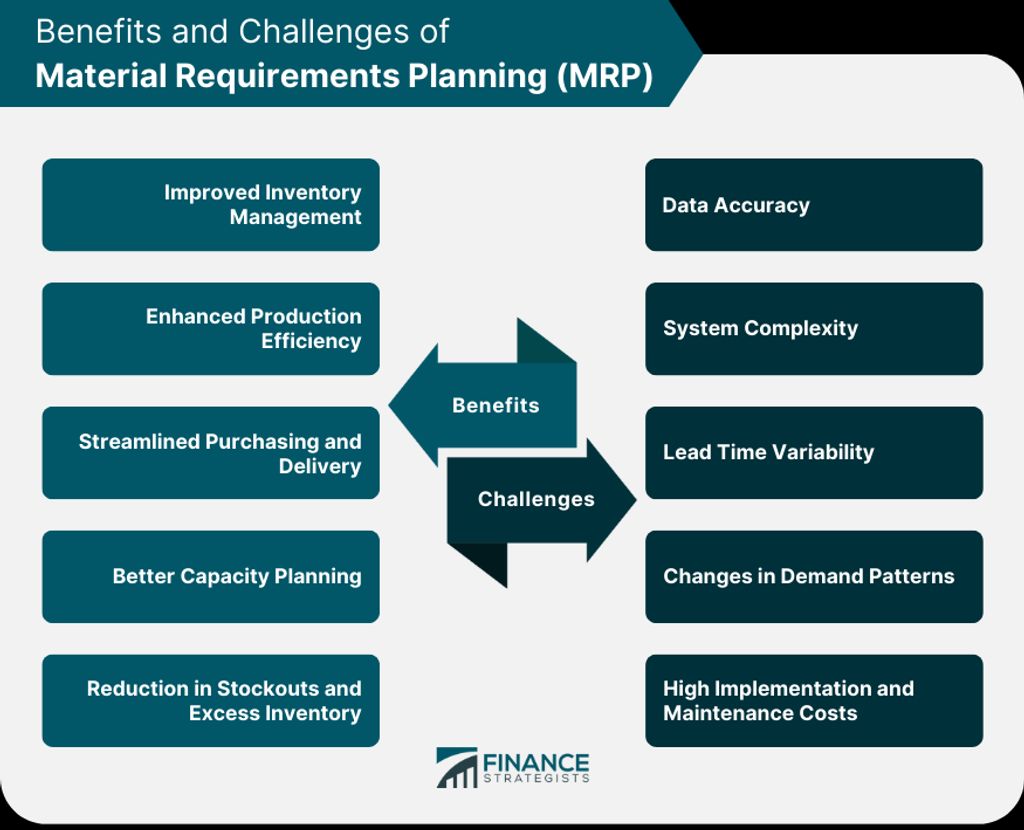Manufacturing staffing agencies are facing a significant challenge due to payment delays, impacting their financial stability and operational efficiency. This article explores the various aspects of this battle and provides insights into strategies for mitigating payment delays and navigating regulatory considerations.
Key Takeaways
- Payment delays create financial strain on staffing agencies, affecting their ability to meet payroll and operational expenses.
- Temporary workers experience delayed payroll, leading to financial uncertainty and potential retention issues.
- Manufacturing companies face contractual implications and reputational risks due to payment delays, impacting their relationships with staffing agencies.
- Cash flow disruptions pose a major challenge for staffing agencies, requiring proactive management and contingency planning.
- Implementing technology solutions can streamline payment processes and enhance transparency, contributing to improved operational efficiency and compliance.
The Impact of Payment Delays on Manufacturing Staffing
Financial Strain on Staffing Agencies
Payment delays can lead to significant financial strain on staffing agencies. Cash flow disruptions, delayed payroll, and contractual implications can create challenges for staffing agencies. Managing B2B debt collection is crucial for maintaining financial stability. Utilizing effective third-party collection partners can prevent distressed accounts from becoming write-offs. Skilled negotiators can mediate disputed claims without incurring costly expenses. It’s vital to keep distressed accounts performing to ensure financial stability.
Delayed Payroll for Temporary Workers
Payment delays for temporary workers can have significant financial implications for both the workers and the staffing agencies. Cash flow disruptions may lead to challenges in meeting payroll obligations, potentially impacting the morale and productivity of temporary workers. It is crucial for staffing agencies to proactively address these delays to maintain positive relationships with both their workers and manufacturing clients. Implementing clear communication and transparent processes can help alleviate concerns and build trust during these challenging situations. Additionally, exploring alternative funding options and establishing contingency plans can provide a safety net during periods of delayed payments.
Challenges Faced by Manufacturing Staffing Agencies
Cash Flow Disruptions
Cash flow disruptions are a major concern for staffing agencies, impacting their ability to meet financial obligations and maintain operations.
- Difficulty in meeting payroll and other financial commitments
- Increased reliance on lines of credit and short-term financing
- Potential strain on relationships with temporary workers and clients
It’s crucial for staffing agencies to closely monitor and manage their cash flow to ensure stability and sustainability.
Recruitment and Retention Issues
Recruitment and retention issues in manufacturing staffing are a significant concern for agencies. The struggle to retain skilled workers and recruit new talent adds to the complexities of the industry. Unpaid bills can exacerbate these challenges, leading to financial strain and trust issues. It’s crucial for agencies to address these issues proactively and implement strategies to ensure a stable workforce. This may involve offering competitive compensation, providing career development opportunities, and fostering a positive work environment. Additionally, maintaining strong client relationships and trust is essential for navigating through these challenges effectively. Agencies must prioritize open communication and transparency with clients to mitigate the impact of payment delays and build long-term partnerships.
Client Relationships and Trust
Client Relationships and Trust
Payment delays can strain the trust and credibility between manufacturing staffing agencies and their clients. It’s crucial for agencies to maintain open and transparent communication to address concerns and maintain positive relationships.
- Foster open dialogue with clients to address concerns and set realistic expectations.
- Proactively communicate any potential payment delays and work collaboratively to find solutions.
- Emphasize the value of long-term partnerships and the mutual benefits of trust and transparency.
Tip: Building strong client relationships based on trust can help navigate challenges and foster a more resilient partnership.
Strategies for Mitigating Payment Delays
Negotiating Payment Terms
Negotiating payment terms with clients is a crucial step in addressing financial challenges. It involves clear communication and establishing mutually beneficial agreements.
- Be proactive in discussing payment terms to avoid misunderstandings.
- Seek flexibility in payment schedules to align with cash flow needs.
- Consider incentives for early payments to encourage prompt settlements.
Tip: Building strong relationships with clients can lead to more favorable payment terms and improved cash flow management.
Diversifying Client Base
Diversifying client base is a crucial strategy for manufacturing staffing agencies to reduce dependency on a single client. This approach helps in spreading financial risk and mitigating the impact of payment delays. It also provides opportunities to tap into diverse industries and establish more stable revenue streams.
Key Benefits of Diversifying Client Base:
| Benefits | Description |
|---|---|
| Reduced Dependency | Less reliance on a single client for revenue |
| Risk Mitigation | Spreading financial risk across multiple clients |
| Industry Diversification | Access to diverse industries for stable revenue |
Diversifying client base can enhance the resilience of staffing agencies and create a more sustainable business model. By expanding the client portfolio, agencies can better navigate the challenges posed by payment delays and ensure continued operations.
Implementing Technology Solutions
Implementing Technology Solutions
In the digital age, technology solutions play a crucial role in streamlining payment processes and reducing delays. Leveraging automation and integrated systems can enhance efficiency and accuracy, leading to faster payment cycles. Additionally, implementing secure electronic payment methods can minimize the risk of delays and ensure timely transactions. It’s essential for manufacturing staffing agencies to embrace modern payment technologies to mitigate the impact of payment delays and maintain financial stability.
- Automation and integrated systems enhance efficiency
- Secure electronic payment methods minimize risk
- Embracing modern payment technologies is essential
Tip: Stay updated with the latest payment technologies and consider partnering with reliable tech providers for seamless integration.
Regulatory and Compliance Considerations
Legal Implications of Payment Delays
Payment delays in the manufacturing staffing industry can have significant legal implications. It is crucial for staffing agencies to understand the potential legal risks associated with delayed payments. Non-compliance with labor laws and contractual obligations can result in legal disputes and financial penalties. To mitigate these risks, staffing agencies should prioritize compliance with labor laws and contractual agreements. Additionally, implementing robust risk management and contingency planning strategies can help minimize the impact of payment delays on the agency’s legal standing. It’s essential for staffing agencies to stay informed about the legal landscape and seek legal counsel when necessary.
Compliance with Labor Laws
Manufacturing staffing agencies must adhere to labor laws to ensure fair treatment of temporary workers. Compliance with labor laws is essential for upholding worker rights and preventing exploitation. It is crucial for staffing agencies to stay updated on regulatory changes and ensure that their practices align with legal requirements. Additionally, maintaining accurate records of hours worked and wages paid is vital for demonstrating compliance with labor laws. This helps in avoiding legal disputes and penalties. Transparency in labor practices is key to building trust with both workers and manufacturing companies.
Risk Management and Contingency Planning
Manufacturing staffing agencies must prioritize risk management and contingency planning to navigate the challenges posed by payment delays. This involves assessing potential risks, developing proactive strategies, and ensuring compliance with labor laws and regulations. Additionally, implementing robust risk assessment tools and establishing clear contingency plans can help mitigate the impact of payment delays. It’s crucial for staffing agencies to stay informed about legal requirements and maintain a proactive approach to risk management and contingency planning. Here are some key considerations:
- Risk Assessment: Conduct regular assessments to identify potential risks associated with payment delays, client defaults, and market fluctuations.
- Contingency Plans: Develop and document detailed contingency plans that outline specific actions to be taken in the event of payment delays or disruptions.
Proactive risk management and well-defined contingency plans are essential for manufacturing staffing agencies to safeguard their operations and maintain financial stability amidst payment delays.
When it comes to debt collection, regulatory and compliance considerations are of utmost importance. Ensuring that your debt collection practices align with the relevant regulations and compliance standards is crucial for the success of your business. At No Recovery No Fee Debt Collections, we understand the significance of regulatory and compliance adherence in debt collection solutions. Our expertise in this area allows us to provide efficient and effective debt collection services while maintaining the highest standards of regulatory compliance. Contact us today to learn more about how our debt collection solutions can simplify the process for you.
Frequently Asked Questions
What are the common causes of payment delays in manufacturing staffing?
Payment delays in manufacturing staffing can be caused by various factors such as client financial difficulties, administrative errors, or contractual disputes.
How do payment delays impact temporary workers?
Payment delays can cause financial strain for temporary workers, leading to difficulties in meeting their living expenses and financial obligations.
What strategies can staffing agencies use to negotiate payment terms with clients?
Staffing agencies can negotiate shorter payment cycles, request upfront deposits, or offer incentives for early payments to mitigate payment delays.
What technologies can be implemented to address payment delays in manufacturing staffing?
Technologies such as automated invoicing systems, digital payment platforms, and real-time financial monitoring tools can help streamline payment processes and reduce delays.
What legal implications do payment delays pose for manufacturing staffing agencies?
Payment delays may lead to legal disputes, breach of contract claims, and potential damage to the reputation of staffing agencies.
How can manufacturing companies ensure compliance with labor laws in relation to payment delays?
Manufacturing companies should regularly review and update their payroll processes to ensure compliance with labor laws and regulations regarding timely payment to workers.





